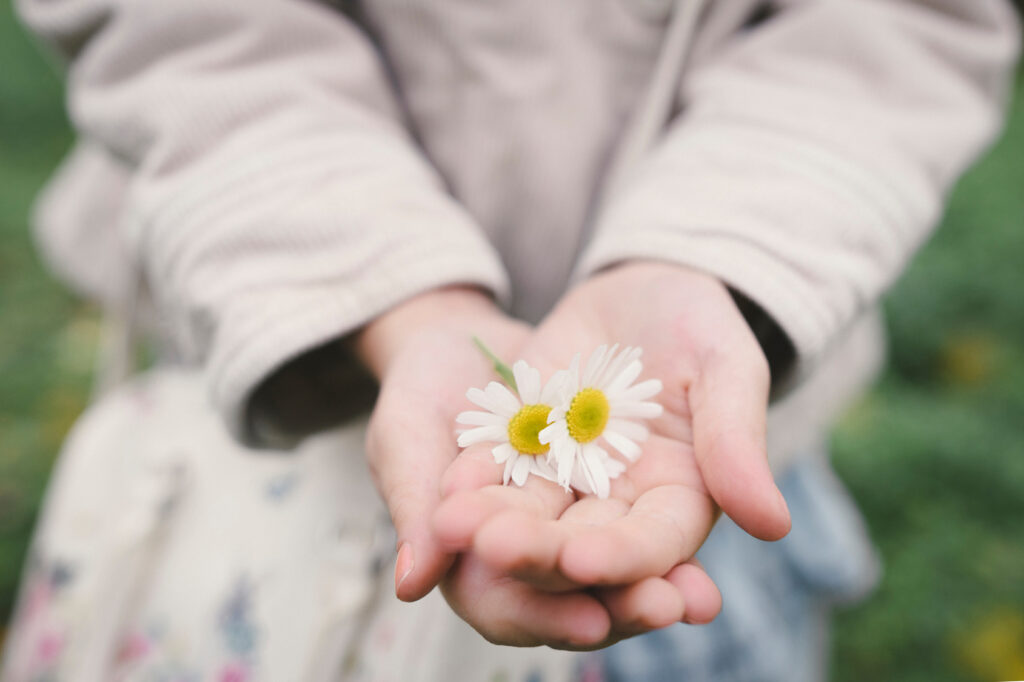Shelli Blazic, School Social Worker/Special Ed Professional Learning Consultant SEBH
Working with students who have a traumatic past and severe emotional and behavioral struggles can be taxing. Administrators need to know their staff can handle themselves in a stressful environment, including having healthy outlets both inside and outside the professional realm. This may include exercising, watching movies or television shows, spending time with family, doing outdoor activities, etc. However, we all know that healthy coping mechanisms aren’t always selected.
As we turn towards the second half of the school year, many will be looking at turning over a new leaf, making resolutions, and looking for ways to change things up. What better way to do this than to commit to and/or look at strategies or healthy alternatives to reduce the effects of stress? Many educators tune out when they hear the term “self-care.” Complaints range from “It’s not realistic” to “I would love to, but I don’t have the time.” How do we recognize stress and identify effective strategies for managing it when self-care is seen with such a spectrum of opinions?
The following suggestions are compiled from Dr. Melinda Gushwa and Dr. Kelly McGonigal.
- Build resilience: The more we exercise, the stronger we get, likewise the more we expose ourselves to healthy strategies the stronger our emotional health will be.
- Reduce stress: Learning to say no, and set healthy boundaries with expectations and responsibilities can go a long way.
- Get quality sleep: Adults need between 7-8 hours of restful sleep each night, at a minimum.
- Strengthen social connections: Spend time with those you love, doing more of the things you love.
- Be mindful: Recognize when you are overstressed or not okay. Allow yourself to be aware of what is stressing you (Gushwa, 2022).
- Choose: This final suggestion comes from Stanford psychologist Kelly McGonigal. Her research is focused on stress and how it affects us. Studies have shown that stress has a choice factor. Stress can be very good for us and our perception of stress being good or bad is what really affects us. That isn’t to say we walk through life with rose colored glasses on, but that we “have to be able to understand that two seemingly opposite things can be true at the same time. It can be true that going through something stressful can make you sick or depressed, and it can also be true that the same stressful experience can ultimately make you stronger, more compassionate and more resilient over time” (Parker, 2015).
Resolving to engage in healthy self-care practices results in negative stress-reduction, the betterment of ourselves, and positively impacts our students, colleagues, families, and friends.
References
Esser, M. B., Leung, G., Sherk, A., Bohm, M. K., Liu, Y., Lu, H., & Naimi, T. S. (2022). Estimated deaths attributable to excessive alcohol use among us adults aged 20 to 64 years, 2015 to 2019. JAMA Network Open, 5(11). https://doi.org/10.1001/jamanetworkopen.2022.39485.
Gushwa, M. K. (2022). Strategies for Well Being in the Mental Health Workforce. Simmons University School of Social Work. The Institute for Trauma Treatment in Schools.
Parker, C. B. (2015, May 7). Embracing stress is more important than reducing stress, Stanford psychologist says. Stanford News.

